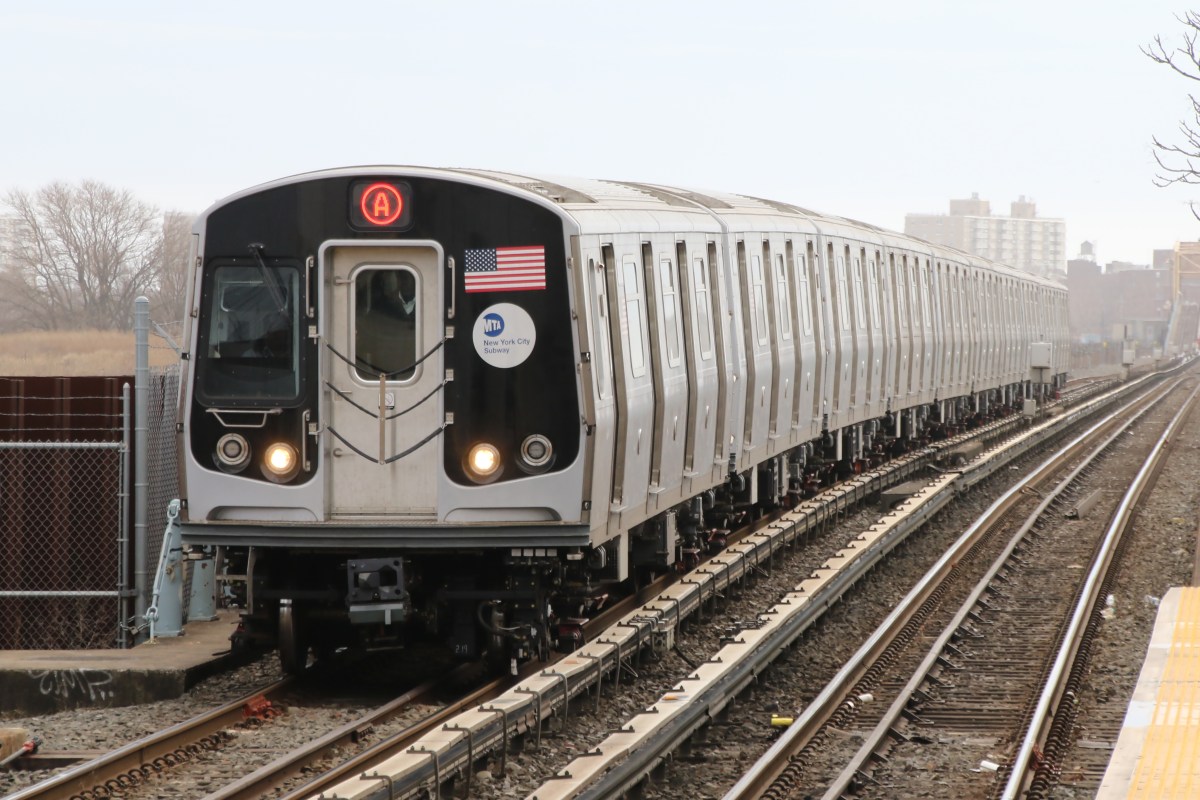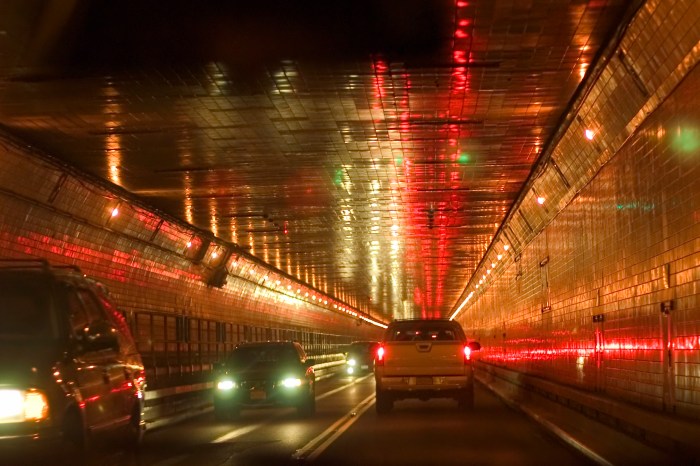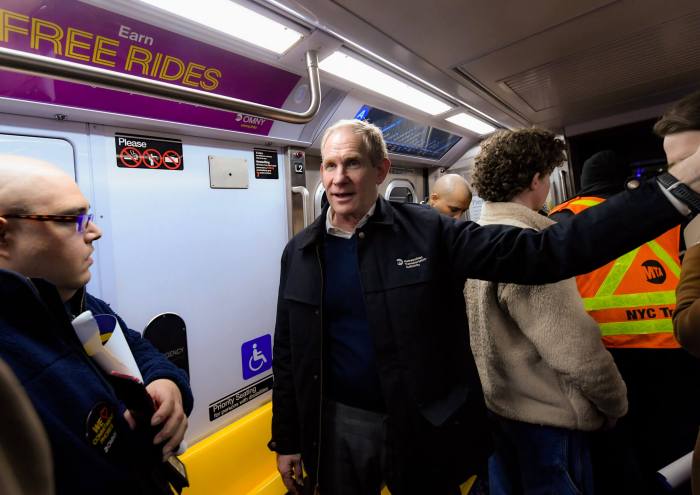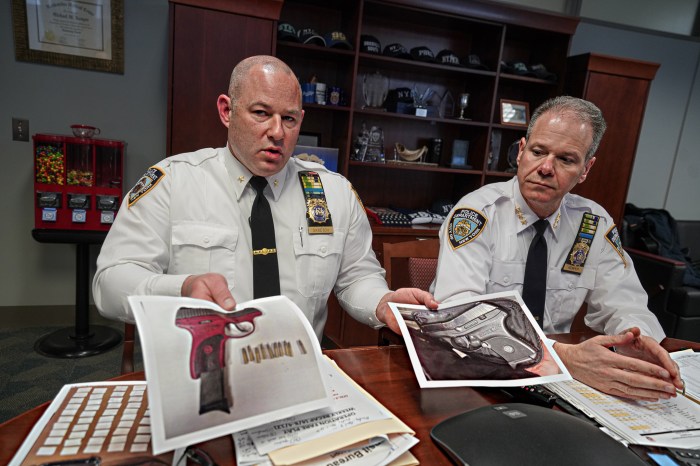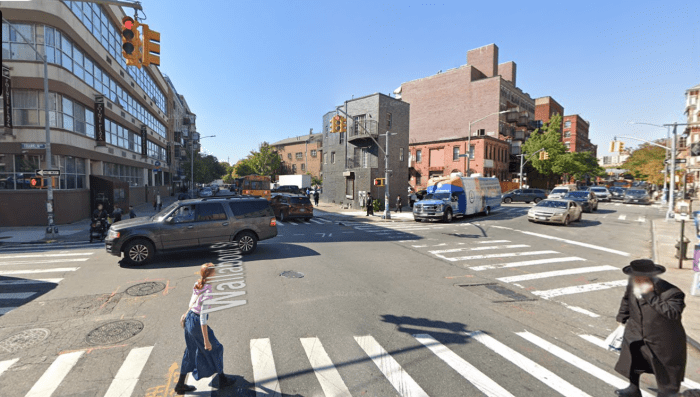When life gave the MTA “lemons,” the MTA took them out of service.
New York City Transit President Andy Byford announced Wednesday morning that all of the new R179 subway cars have been removed from the rails for door inspections. That forced the MTA to return into service this morning( and until further notice) some of the older train cars the new models were to replace.
Bombardier, the Canadian rail company which provided the new train cars for the MTA, alerted the agency to more issues with the sleek R179 cars, flagged in 2019 for other defects.
Byford assured riders that incidents where the defect with the R179 revealed itself had not resulted in injury to commuters, but would require a thorough inspection with the help of LTK Engineering Services as an independent third-party.
“All lines are operating at normal service levels with the exception of the J/Z line, where headways have been increased by two minutes in between trains for the AM peak period, and skip-stop service suspended,” Byford said. “As documented, the MTA has identified repeated issues with Bombardier’s performance and finds this latest development unacceptable. We intend to hold the company fully accountable,” Byford said.
According to Bombardier, technicians from their company are also doing damage control on the sum 300 R179s while claiming the supplier of the door operator mechanism is at blame.
“Recently, two doors on cars in the R179 fleet at New York City Transit failed to function as intended. Our investigation shows that the doors were not properly calibrated by Kangni, the door operator supplier,” a Bombardier statement read. “We are now inspecting all of the R179 cars and, where necessary, making adjustments to ensure the safe and reliable performance of the doors for the entire fleet.”
With City Comptroller Scott Stringer deeming the defective cars as “lemons,” the latest reported defects left Byford feeling quite sour with Bombardier.
Stringer took Bombardier to task over the $600 million in taxpayer money that went toward the MTA’s contract which ended with late deliveries and structural problems.
“Last month, my office released an audit that exposed how this contract became three years behind schedule and cost taxpayers millions of additional dollars. Our investigation revealed layers of mismanagement in the MTA’s oversight of the contract — repeated failures to meet contract deadlines and requirements, poor project management and technical breakdowns, structural defects that delayed cars being put into service, and several earlier structural problems that caused some of these trains to be pulled from service,” Stringer said. “Bombardier sold us lemons.”
On Dec. 9, 2019, Stringer’s office also audited the 2012 contract between the MTA and Bombardier and found that the company had blown multiple deadlines on delivery of the R179 to the agency. The manufacturer was 35 months behind schedule on delivering 300 R179s to the MTA, something that was meant to take place between January 2015 and January 2017.
It gets worse.
In May, cars on the J/Z and A/C lines were found on the collision pillars of newly delivered R179 trains, though Byford did not see the problem as severe enough to remove the cars from service. The collision pillars protect operators in the event of a run-in with another train.
Before that, in January 2019, software defects cause train cars that had been delivered to be taken out of service to which Byford said the future of the relationship between MTA and Bombardier was on thin ice.
Bombardier did not return a request for comment before the time of publication.



